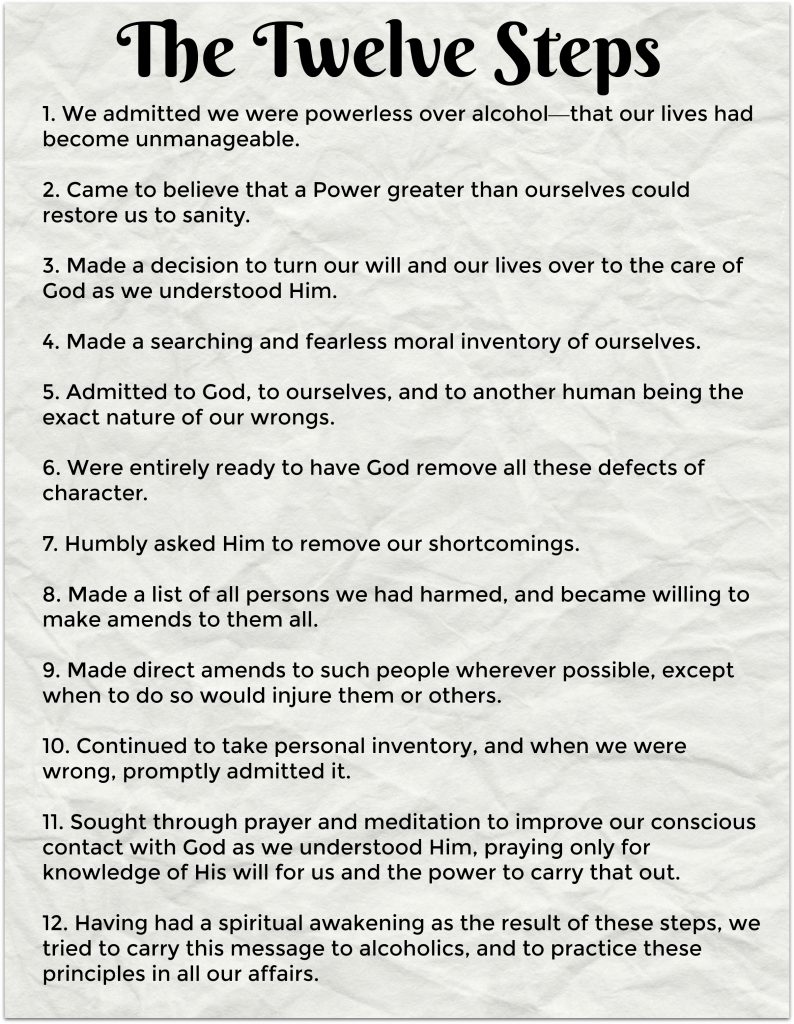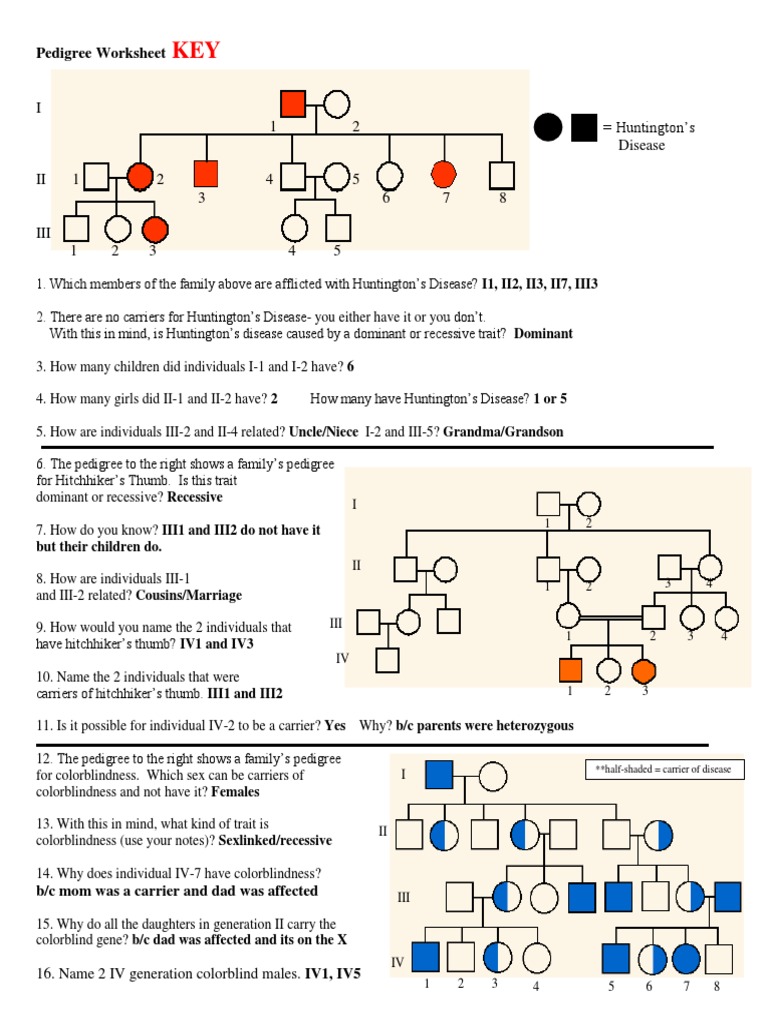5 Essential Steps for Recovery: A Comprehensive Worksheet Guide

Embarking on the journey of recovery from addiction can be daunting, but with a structured plan, it becomes significantly more manageable. This guide outlines five essential steps that individuals can follow to ensure a successful path towards sobriety. Each step includes practical tools, worksheets, and support systems designed to aid in the recovery process, making each step forward a building block towards a healthier life.
Step 1: Acknowledge the Problem

The first step in recovery is acknowledging there’s a problem with addiction. Without this recognition, recovery efforts are likely to falter. Here’s how to start:
- Self-Assessment: Use a personal assessment worksheet to evaluate your substance use. Questions could include:
- How often do I use this substance?
- How does it affect my daily life?
- Family and Friends Input: Often, loved ones see changes before the individual. Their perspective can be eye-opening.
- Therapy Introduction: Begin therapy to have a professional evaluate your situation and provide initial guidance.
📝 Note: Honest self-assessment is the foundation of recovery. It's not just about admitting the problem but understanding its impact on your life.
Step 2: Commitment to Change

Once the problem is acknowledged, the next step is a firm commitment to change. This commitment should be:
- Written Down: Creating a commitment letter to yourself can solidify your resolve.
- Shared with Support: Tell someone you trust about your intention to recover.
- Goal Setting: Use worksheets to set short-term and long-term recovery goals.
📝 Note: Commitment is personal but gains strength when shared. It's about setting intentions and accountability.
Step 3: Develop a Support System

No one should recover in isolation. Here’s how to build your support network:
- Join Recovery Groups: Whether it's AA, NA, or online forums, find peers who understand your journey.
- Professional Support: Engage with therapists or counselors who specialize in addiction.
- Friends and Family: Involve those who offer unconditional support.
📝 Note: A support system acts as your safety net. It provides encouragement, shares experiences, and helps when you feel alone.
Step 4: Create an Action Plan

Recovery is a process that requires a detailed action plan:
| Activity | Goal | Resources/Notes |
|---|---|---|
| Detoxification | Physical cleansing from substances | Medical supervision recommended |
| Therapy and Counseling | Address underlying issues, learn coping mechanisms | Individual or group therapy sessions |
| Physical Activity | Enhance physical health, reduce stress | Walking, yoga, or joining a gym |

📝 Note: An action plan is your roadmap. It needs to be flexible and include both immediate steps and long-term lifestyle changes.
Step 5: Monitor and Adjust

Recovery is dynamic; continuous monitoring is essential:
- Daily Reflection: Use journals or digital apps to track your recovery progress.
- Feedback from Support: Regularly discuss your progress with your support system.
- Modify Goals and Strategies: Recovery isn't linear; adapt your plan as needed.
📝 Note: Recovery isn't a straight path; it requires adjustment. Celebrate small victories and be prepared to re-evaluate your plan.
The path to recovery involves acknowledging the problem, committing to change, building a support system, creating an actionable recovery plan, and continuously monitoring and adjusting. By following these steps, individuals can not only recover from addiction but also rebuild a life of health, stability, and fulfillment.
How long does recovery from addiction take?

+
Recovery duration varies widely. It depends on individual circumstances, type of addiction, and personal commitment to recovery. Typically, it’s a lifelong journey with stages of progress, setbacks, and ongoing management.
Can I recover from addiction on my own?

+
While it’s possible to begin recovery steps alone, having support from professionals, support groups, and loved ones significantly increases success rates. Addiction often alters brain chemistry and behavior, making professional guidance invaluable.
What should I do if I relapse?

+
Relapse is common but not a failure. Evaluate what led to the relapse, reconnect with your support system, adjust your recovery plan, and possibly seek additional help to strengthen your recovery strategy.
How can I find a support group?

+
Search online for local meetings, check community boards, or ask healthcare providers. Many organizations like AA, NA, or Al-Anon have online meetings if in-person attendance isn’t possible.
Is recovery a lifelong process?

+
Yes, recovery from addiction is often considered a lifelong commitment. However, with the right tools, support, and mindset, individuals can lead fulfilling lives post-recovery.



